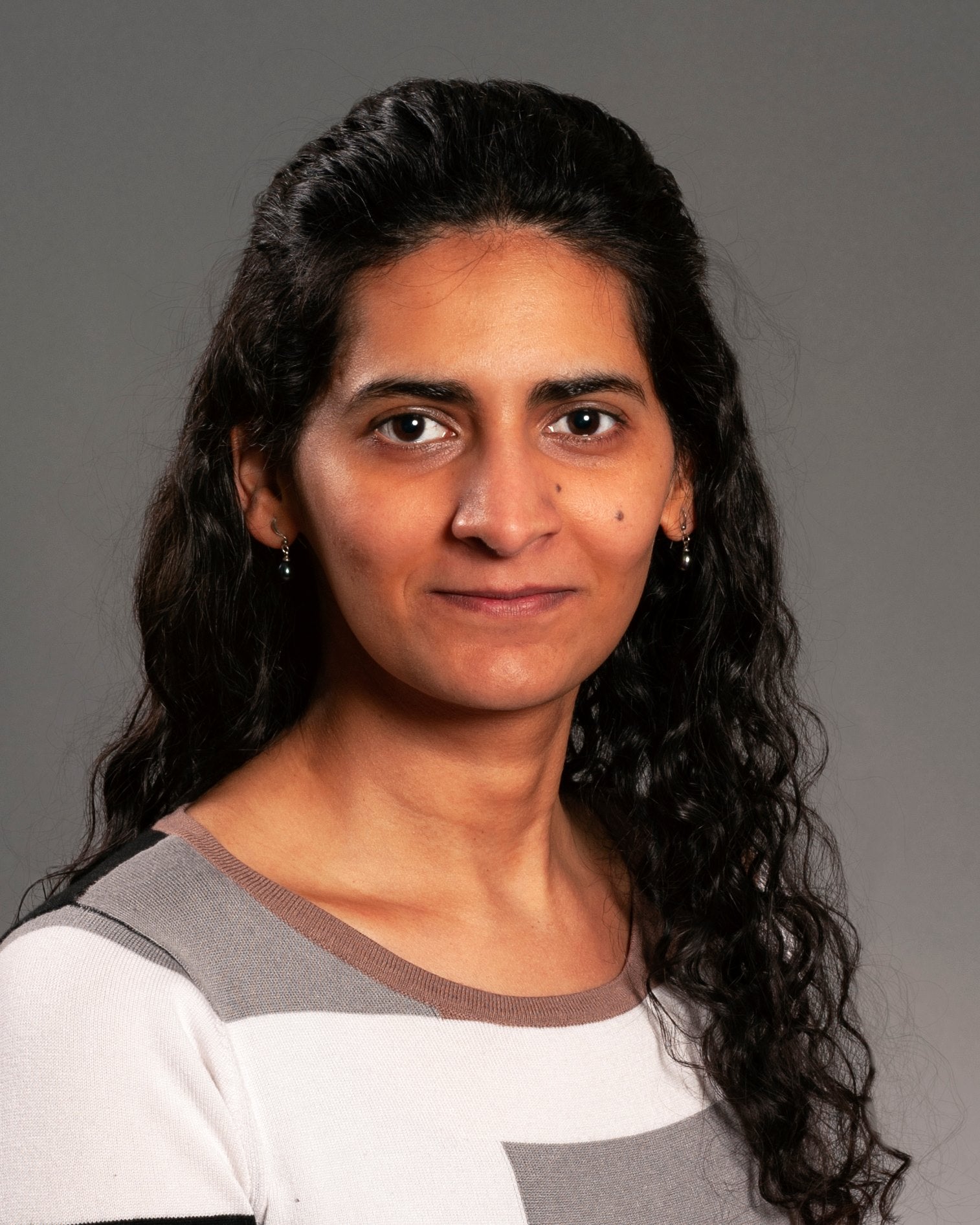ECE PhD candidate Sumedha Dahl is scheduled to present her dissertation The Effect of Radiation on Memristor-Based Electronic Spiking Neural Networks on Wednesday, June 10.

Spiking neural networks are designed to learn spatio-temporal patterns representing 25 and 100-pixel characters. Two-terminal resistive memory devices (memristors) are used as synapses to manipulate conductivity paths in the network. Spike-timing-dependent plasticity (STDP) learning behavior results in pattern learning and is achieved using biphasic shaped pre- and post-synaptic spikes. A TiO2 based non-linear drift model in Verilog-A is used to implement memristor behavior and is modified to include experimentally observed effects of state-altering, ionizing, and off-state degradation radiation on the device. Effects of state-altering radiation on the STDP learning rule, system stability, and pattern learning ability of the spiking neural network are observed.
In general, radiation interaction events distort the STDP learning curve undesirably, making the connection between afferents stronger by increasing the overall conductance of synapses. At lower short-term flux, the network is able to recover and relearn the pattern with consistent training. As the radiation flux increases, it can overwhelm the leaky integrate-and-fire (LIF) post-synaptic neuron circuit and make the network less stable. In the absence of pattern presentation, the radiation effects accumulate in the system and it never regains stability. On the other hand, the system was typically able to learn the pattern when in the presence of low flux, although some pixels may be affected due to stability issues. The impact of neuron “death” (disabled neuron circuits) due to radiation is also examined.
Sumedha Dahl is in her final year of study as a doctoral candidate in the Electrical and Computer Engineering Department at Boise State University. Dahl is supported in her doctoral research by ECE professor and advisor Dr. Kurtis Cantley and her supervisory committee, Drs. Campbell and Johnson.